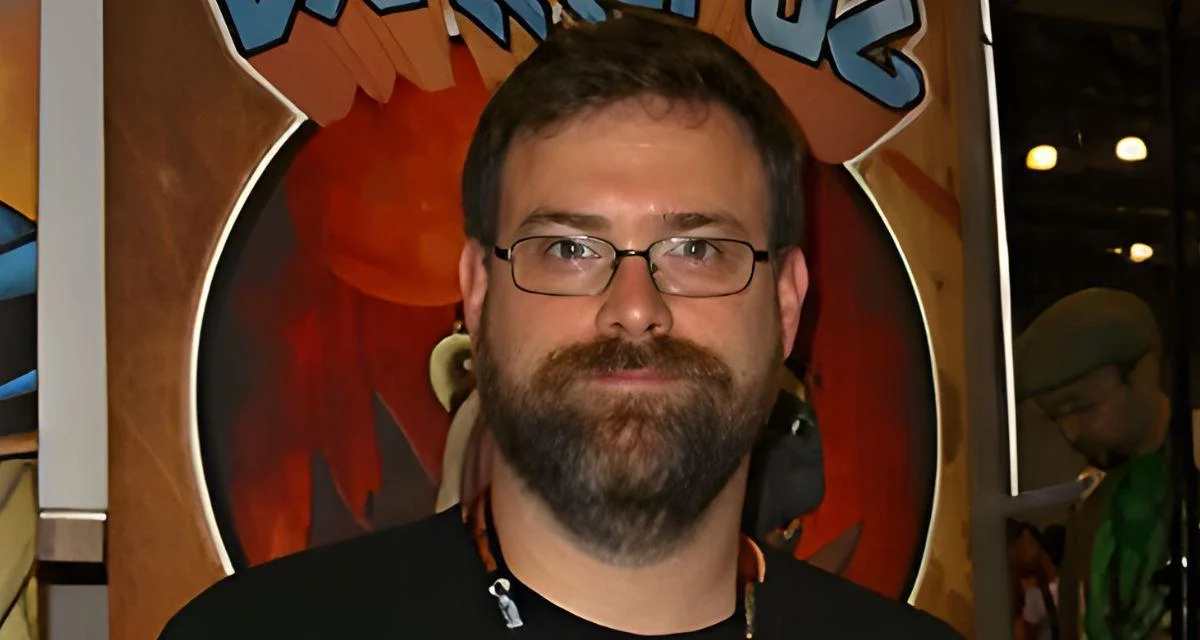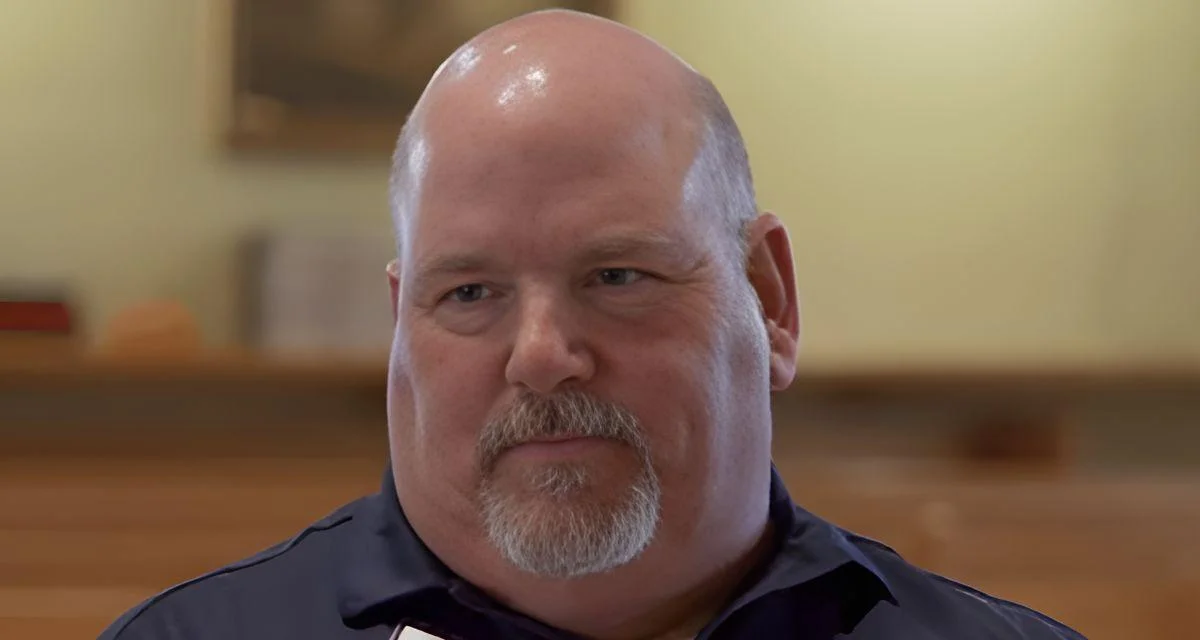A virtual Service of Appreciation was held by the United Church of Christ (UCC) on July 23 for federal environmental justice staff and grantees. The event took place on the same day that the Environmental Protection Agency (EPA) notified employees about a “reduction in force” that could result in job losses for 271 staff working in areas related to environmental justice, diversity, equity, and inclusion.
Charles Lee, who retired from the EPA earlier this year after serving in environmental justice ministry at the UCC, organized the service. He explained his motivation by saying, “I was moved to organize this event because so many of my colleagues showed up to honor me when I retired from EPA but were themselves in tremendous pain and facing very uncertain futures.”
The Rev. Terry Yasuko Ogawa led the service’s liturgy and addressed the attendees’ shared sense of loss. She said those present gathered “in a ritual of shared grief and pain at personal and community loss,” while also gathering “to build up resilience and strength.”
Speakers during the service emphasized the dedication of EPA staff to protecting both human health and the environment, particularly in communities disproportionately affected by pollution. To protect their anonymity amid employment uncertainty, some contributors had their statements read aloud by others. Ogawa acknowledged that “there are many whose jobs, livelihoods, and well-being, as well as that of their families and communities, hang in the balance and who cannot appear on camera to speak for themselves.”
Statements read during the service reflected on years of government neglect before collaboration with EPA staff began. One anonymous contributor described efforts “to address concerns in communities that have been historically ignored.” Another highlighted how providing resources to underserved areas helped restore trust: staff had built “trusting relationships with communities who had lost all faith in their government.”
An anonymous current EPA environmental justice staff member spoke about what is at stake if protections are rolled back. Drawing from Jewish tradition’s focus on valuing life, they said recent changes amounted to stealing “years of life and quality of life, from many millions of people.” They detailed consequences such as increases in premature deaths due to cancer or heart disease, more children forced indoors due to asthma, interruptions caused by medical treatments like chemotherapy or dialysis, and families losing time together.
Longtime leaders in environmental justice offered words of encouragement during the service. Dollie Burwell recalled her role organizing protests against toxic waste dumping in Warren County, North Carolina—a pivotal moment for the movement—and urged attendees to persevere: “We want to also let you all know that we are continuously praying for you. It was prayer that sustained and protected us as we lay our bodies in front of trucks carrying PCB laced soil and as state troopers, carrying guns and billy clubs, were arresting us and taking us to jail.”
The Rev. Benjamin Chavis Jr., another key figure from Warren County’s protests who closed out the event’s speakers list, expressed optimism: “I’m optimistic, and the reason why I’m optimistic is because the seeds have been planted, and no act by the Trump administration—no act by the forces of ecological destruction—can dig up those seeds. The seeds of the environmental justice movement are well-rooted. They are deep-rooted.”
Audience responses indicated that these remarks resonated strongly amid ongoing challenges faced by federal workers involved with environmental justice programs.
 Alerts Sign-up
Alerts Sign-up





